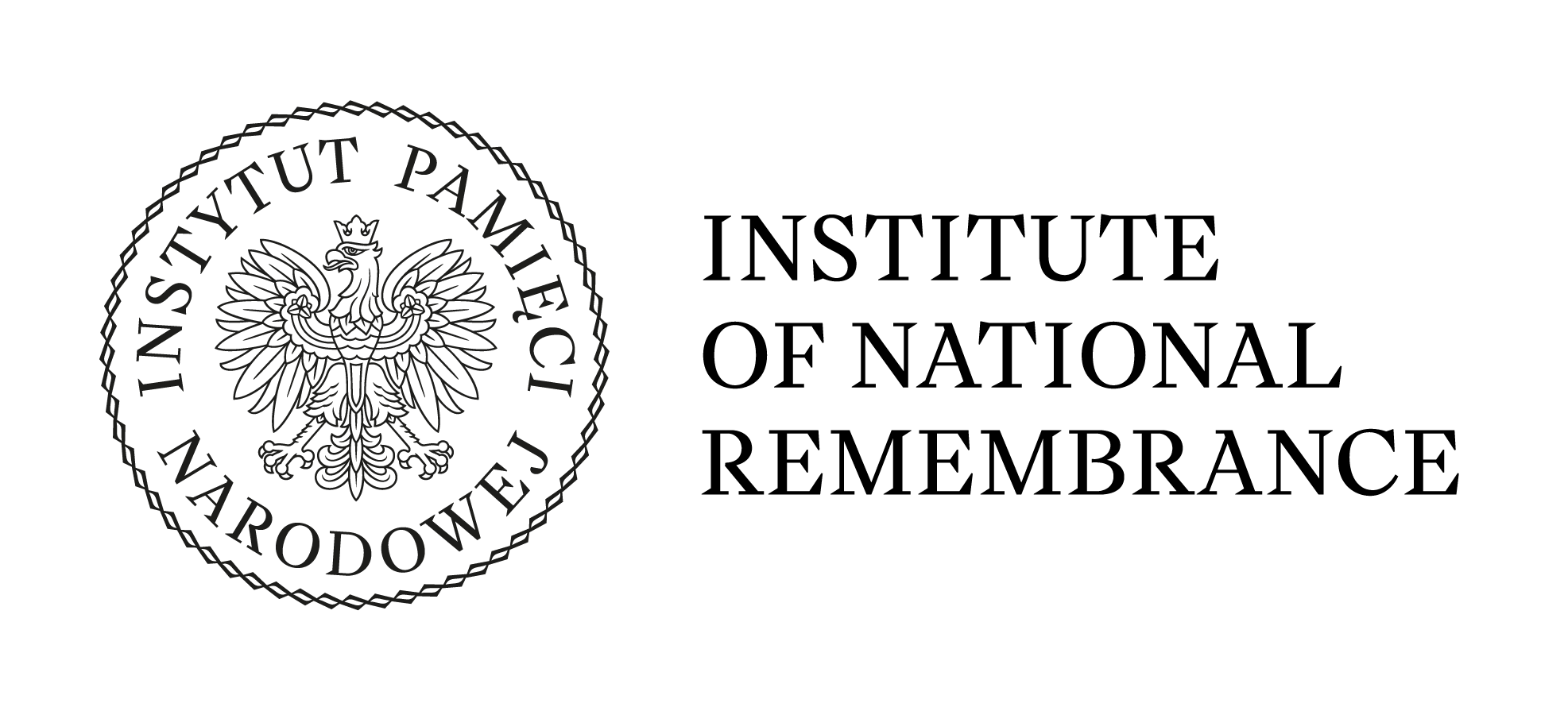Józef Beck was born in Warsaw on 4 October 1894. Joining the army in 1914 he served in the First Brigade of the Polish Legions until 1917. He then continued his military activity in the Polish Military Organisation.
After Poland regained independence in November 1918, Beck was assigned as commander of the Second Department of the Polish Army. He then served as military attaché to Paris and Brussels between 1922 and 1923.
After military coup d'état in May 1926, he was appointed chief of staff to Poland's Minister of Military Affairs.
Beck was assigned as Vice Minister of Foreign Affairs in 1930. Later in 1932, he took office as Minister of Foreign Affairs, a post he was to hold until the outbreak of World War II. His appointment heralded a reorientation in Polish foreign policy.
The basic directive of Beck's policy as a minister was to ensure Poland's security by pursuing a concept of "equal distance" from the two powerful neighbours - Germany and the Soviet Union. As the Vice Minister, he contributed to the agreement on non-aggression with the USSR concluded on 15 July 1932. As the Minister, he exchanged the ratification documents of that agreement in December 1932.
With regard to Poland's Western neighbour, Beck, implementing the policy of "equilibrium" led to the conclusion of Polish-German Non-Aggression Pact signed on 26 January 1934. After the Soviet Union was admitted to the League of Nations, in September 1934 Beck renounced the Minorities Treaty, which gave national minorities living in the Republic of Poland the right to appeal directly to the League.
Beck rejected German demands and accepted British guarantees for Poland, which in turn caused Germany to terminate the 1934 Non-Aggression Pact. Beck, in his famous parliamentary speech of 5 May 1939, once again rejected German demands for Gdańsk, and he announced that Poland could not be pushed away from the Baltic Sea.
”We in Poland do not know the concept of freedom at any cost.”
After World War II broke out, Beck withdrew to Romania. And there, he was interned, like the other members of the Polish Government.
He died in Singureni (Romania) on 6 June 1944.

